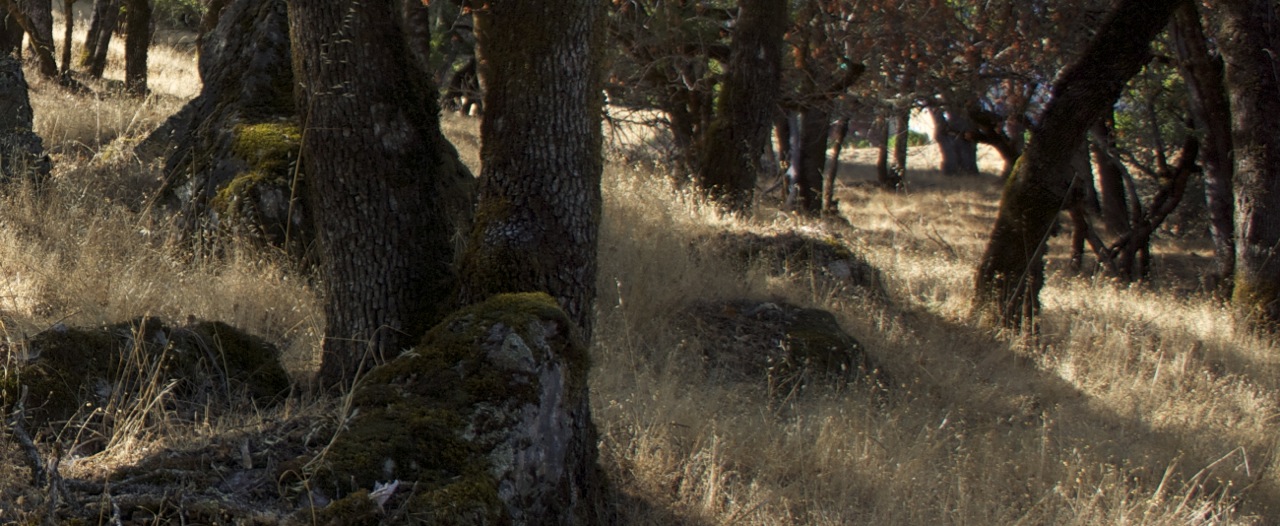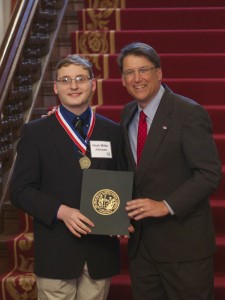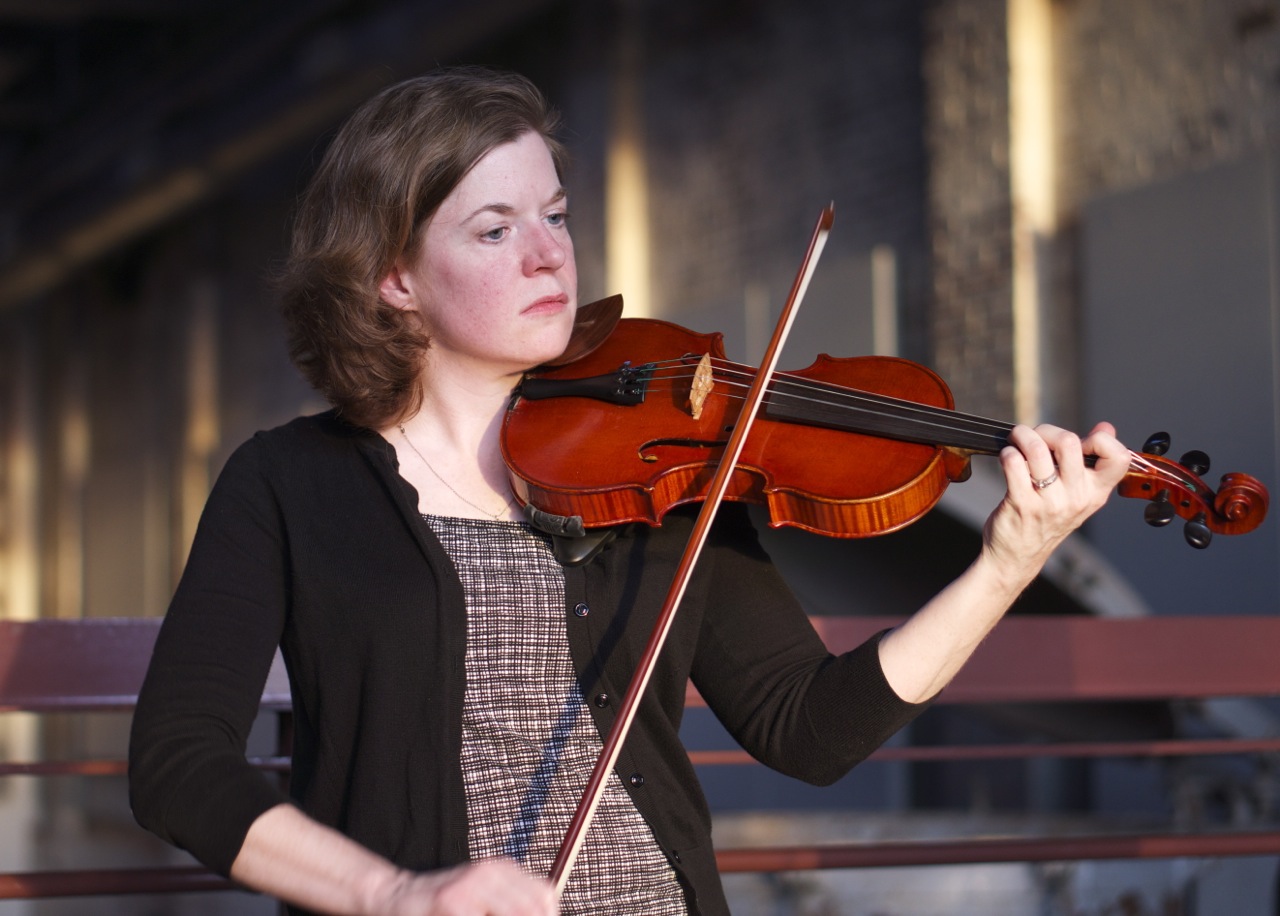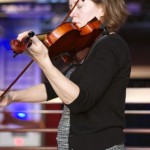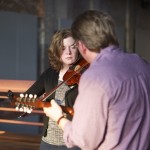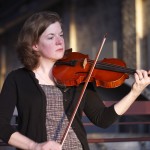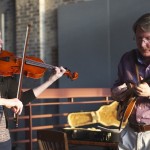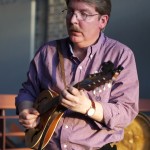A number of people have asked me why I dedicated Tales from the Red Book of Tunes to Gene Hubert. Here’s why.
My father died this past fall. Some years before his death I took over his effects to manage the things he could no longer handle himself. One of the things I received was a red file folder labelled “vital statistics.”
Inside I found important documents my father had collected: his own parents’ marriage and death certificates, their son’s (my uncle’s) death certificate, and my grandfather’s Word War I military papers. I also found records for the family cemetery plot, purchased during the depression.
These artifacts are the cornerstones in the story of my grandmother’s journey in a covered wagon from Indiana to Virginia. There she married my grandfather and they built a wooden shed and lived in it while my grandfather built his own house by hand. Three of their five boys, my father included, were born in that shed, before the house was finished and they were able to move out and leave the single, brown, milk cow in peace in the shed. These are the stories that I’m sure my father remembered after his own parents’ deaths, when he placed their death certificates in that file in the 1970s.
Toward the front of the file I found my father’s marriage certificate to my mother, along with her death certificate, put there just a few years earlier. The folder contained my father’s World War II discharge papers, which listed every ship on which he had served. These turned out to be useful as I was able to research the ships on the Internet and discover their deployment histories. Those matched up with the war stories he told me in my youth.
After I retrieved my father’s ashes from the funeral home they gave me his death certificate. I found myself opening the same red vital statistics file to put the document away. I remembered how he had taken twelve years to build the log cabin where I grew up. And I recalled the many hours we spent together in the dim light of the workshop, huddled beside the old brown oil stove, him patiently explaining the secrets of every tool and woodcut.
Standing there with his death certificate in my hand and the red file open, I realized that my father was just in that moment passing between living and dead. Between being someone you could speak to, and someone you would speak about. He was becoming story. And my placing his paper in the file was the act that caused it to be so. This is the file that my sons will use to remember and understand him. And eventually they will stand above it for me.
What does all this have to do with Gene Hubert and Tales from the Red Book of Tunes?
Over the last decade we’ve watched Gene become story. Those of us that remember Gene and danced with him knew his kindness, his soft voice, and his gentle smile. But when he died, he left behind his dances. These are his vital statistics, and they have taken wing. Many a caller has relied on those trusty movements to overcome her fear when first stepping up to the caller’s microphone. Many a lover has come into the arms of his destiny to one of Gene’s dances. This is the swirling river of stellar material that flings out lives.
The Red Book of Tunes is about the stories behind the music and dances. In that sense, Gene is very much like those composers and dancers in the book. Yet his story is close enough to us still that we can see the milky births of those stars, their many stories just emerging.
We are all caught up in that river of stars, holding each other as we swing down the long hall of night. No fiddler ever plays a tune the same way twice. And the faces change each time the dance progresses. But the melodies are the same, and we know them. On warm nights Gene’s dizzy choreography spins dancers out across the world like dust devils.
We allow ourselves to become folded into those patterns, those old dances, the old tunes. We are becoming story.

